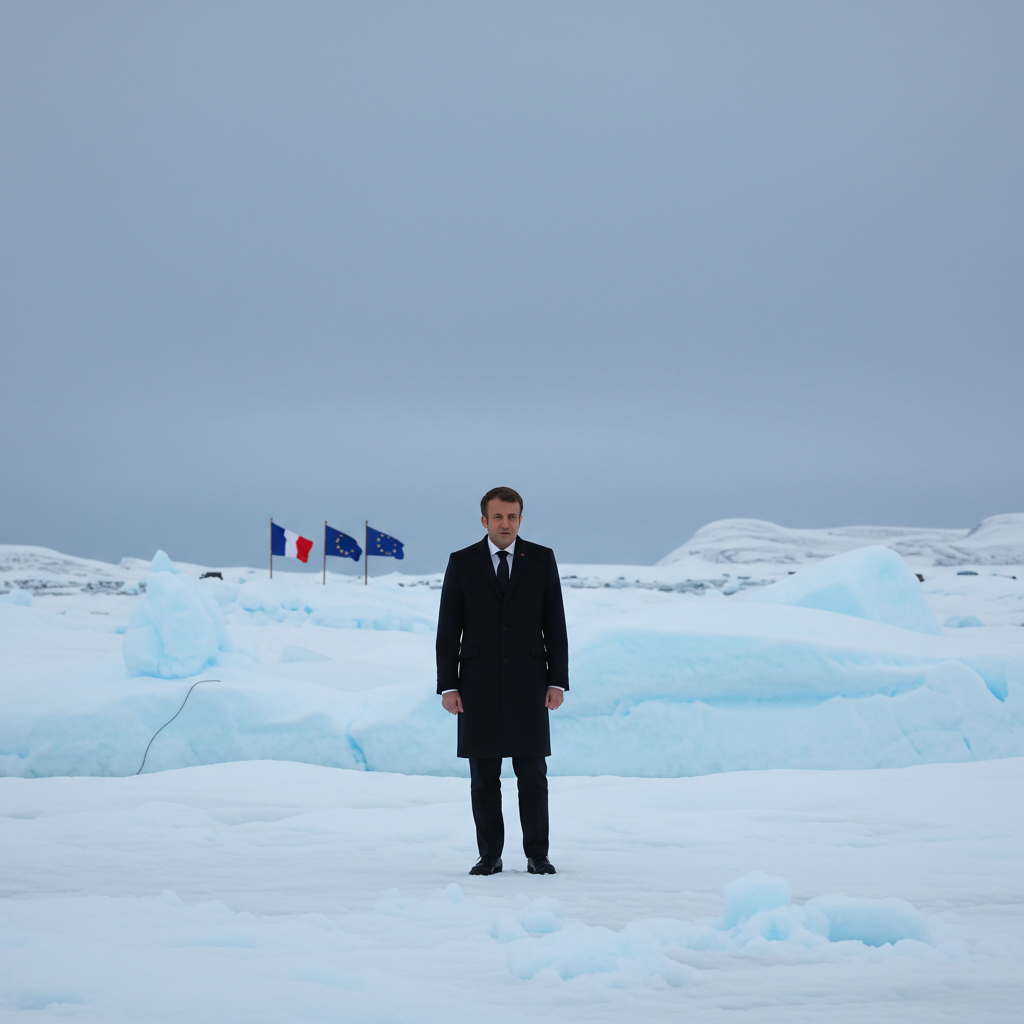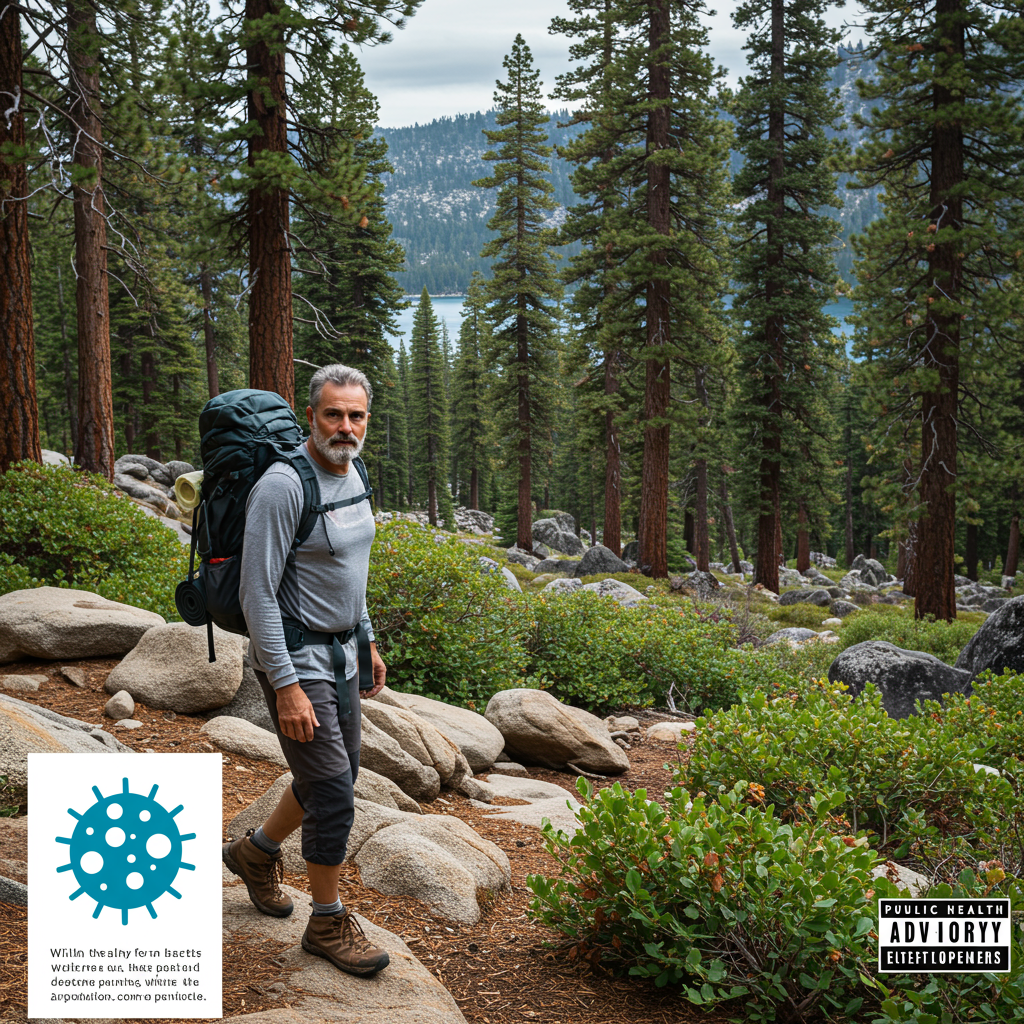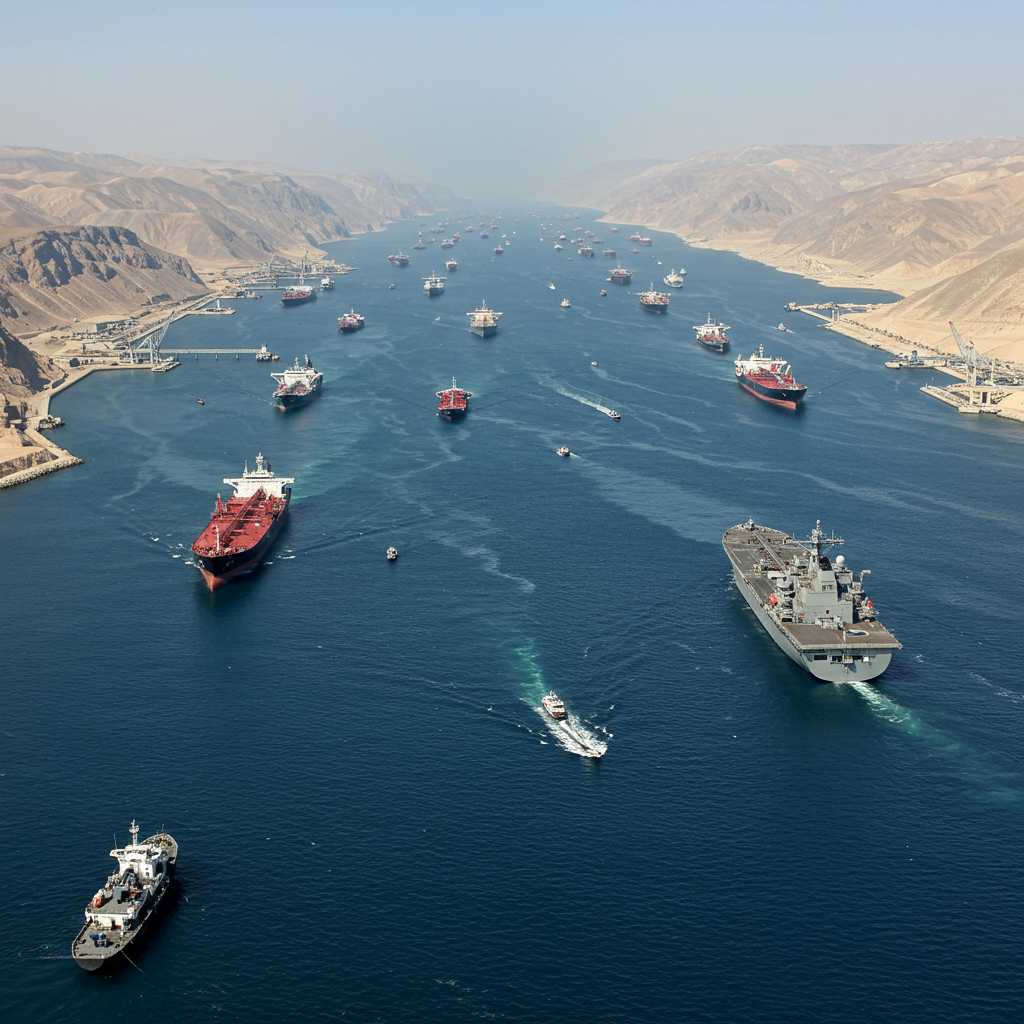Macron’s Historic Visit Underscores Greenland’s Strategic Role
In a move highlighting Greenland’s increasing geopolitical importance, French President Emmanuel Macron recently concluded a landmark visit to the Arctic island. This visit, the first by a French President, was widely seen by experts and officials as a powerful demonstration of European unity and a clear signal directed at former US President Donald Trump amidst rising global competition in the Arctic.
Macron’s arrival in the capital city of Nuuk was met with excitement. Veteran Greenlandic official Kaj Kleist described the visit as “big” and “very welcomed,” noting the rarity of such high-profile presidential trips to the island of just 56,000 people. Consultant Arnakkuluk Jo Kleist echoed this sentiment, anticipating local curiosity about Macron’s message, particularly as an important representative of Europe.
The visit took place against the backdrop of intense international focus on Greenland, a semi-autonomous territory within the Kingdom of Denmark, following repeated expressions of interest from the United States in acquiring the vast, resource-rich island. Since returning to the political scene, Donald Trump has reportedly reiterated his desire to control Greenland, citing security concerns and not ruling out the use of force.
A United Front: “Greenland is Not For Sale”
Both the Greenlandic and Danish governments have unequivocally rejected any notion that the island is for sale, maintaining that its future is solely determined by its people. Greenland’s Prime Minister Jens-Frederik Nielsen firmly stated that Greenland would never be treated as “a piece of property” and welcomed France’s early support against these acquisition statements, calling it “necessary and gratifying.”
Macron himself has been a vocal proponent of this stance. At a UN conference shortly before his trip, he declared emphatically, “the ocean is not for sale, Greenland is not for sale, the Arctic and no other seas are for sale.” A Macron adviser indicated that the visit itself served as a potent signal without needing explicit mention of Trump.
Danish Prime Minister Mette Frederiksen, who joined Macron and Nielsen for talks, characterized the visit as “another concrete testimony of European unity” during a period marked by a “difficult foreign policy situation.” Public opinion polls in both France and the US have shown significant disapproval of any US annexation, with a notable percentage of French citizens even indicating approval for military intervention to prevent an invasion, underscoring the depth of European feeling on the issue.
Deepening Cooperation on Key Arctic Challenges
The trilateral meetings focused on a range of critical issues facing the North Atlantic and Arctic regions. Discussions centered on security, climate change, economic development, and critical minerals. As Greenland holds significant deposits of minerals vital for modern technology, such as graphite used in batteries, securing these resources has become a strategic priority for the EU, particularly given global competition and supply chain concerns amplified by China’s dominance and the war in Ukraine. The EU has already invested in a Greenlandic graphite mine and opened an office in Nuuk last year, signaling its increased engagement.
Macron’s itinerary also included visits to key infrastructure like an EU-funded hydropower station and a glacier, highlighting the intertwined nature of climate change and economic development in the region. Discussions explored the possibility of giving Greenland’s association partnership with the EU a “new dimension,” reflecting Europe’s commitment to strengthening ties beyond just economic cooperation.
Geopolitical Signals and Shifting Alliances
Experts like Ulrik Pram Gad, a senior researcher at the Danish Institute of International Studies, viewed Macron’s physical presence as a strong message to the American public and Trump, especially contrasted with the lower-profile trip by US Vice President JD Vance and his wife earlier in the year.
The visit unfolds amidst growing friction between the US and Denmark. VP Vance reportedly criticized Denmark’s investment in Greenland’s security and economy during his visit to a US base there, even implicitly encouraging Greenland’s independence to partner with the US. Denmark also summoned the US ambassador after reports alleged US spy agencies were directed to focus efforts on the territory. Adding to tensions, a US Defense Secretary appeared to suggest the Pentagon had “contingency” plans for taking Greenland by force “if necessary” during a congressional hearing.
This pressure has spurred Greenlandic leaders to consolidate relations with Denmark and the EU, recognizing the need for allies. Denmark has responded decisively, approving a bill allowing US troops on Danish soil and committing a significant $1.5 billion (£1.1bn) or $2.1 billion (DKK 14.6bn) to boost Arctic security, including plans for new naval assets and drones. This pivot, including Denmark’s order of French-made missiles, is seen by some analysts as a strategic shift away from a purely transatlantic security focus towards a more European approach, making France’s vision of a more autonomous Europe appear increasingly relevant to Denmark.
Asserting European Sovereignty in a Competitive Arctic
Macron’s visit aligns with France’s broader policy of boosting European independence from the US, particularly in the rapidly changing security landscape of the North Atlantic and Arctic. As Marc Jacobsen, an associate professor at the Royal Danish Defence College, put it, “It’s a strong signal. It will show that France takes European security seriously.”
While the trilateral format underscored solidarity between Denmark, Greenland, and France/Europe, some, like Greenlandic opposition leader Pele Broberg, felt bilateral talks with France alone would have better served Greenland, suggesting the current visit appeared “like a visit for Denmark” rather than exclusively for Greenland. However, Prime Minister Nielsen emphasized the critical need for internal unity in Greenland to withstand the “heavy pressure” from external interests.
Ultimately, Macron’s visit serves as a powerful assertion of European presence, solidarity, and sovereignty in the Arctic. It highlights the region’s critical role in global security and resource strategies and reinforces the message that Greenland’s future is not open for external negotiation, but rests solely with its own people and its existing partnerships within the Kingdom of Denmark and with European allies. The visit also reflects a broader trend of world leaders pushing back against aggressive geopolitical tactics, seeking to reinforce existing alliances and forge new cooperative pathways in a multipolar world.




